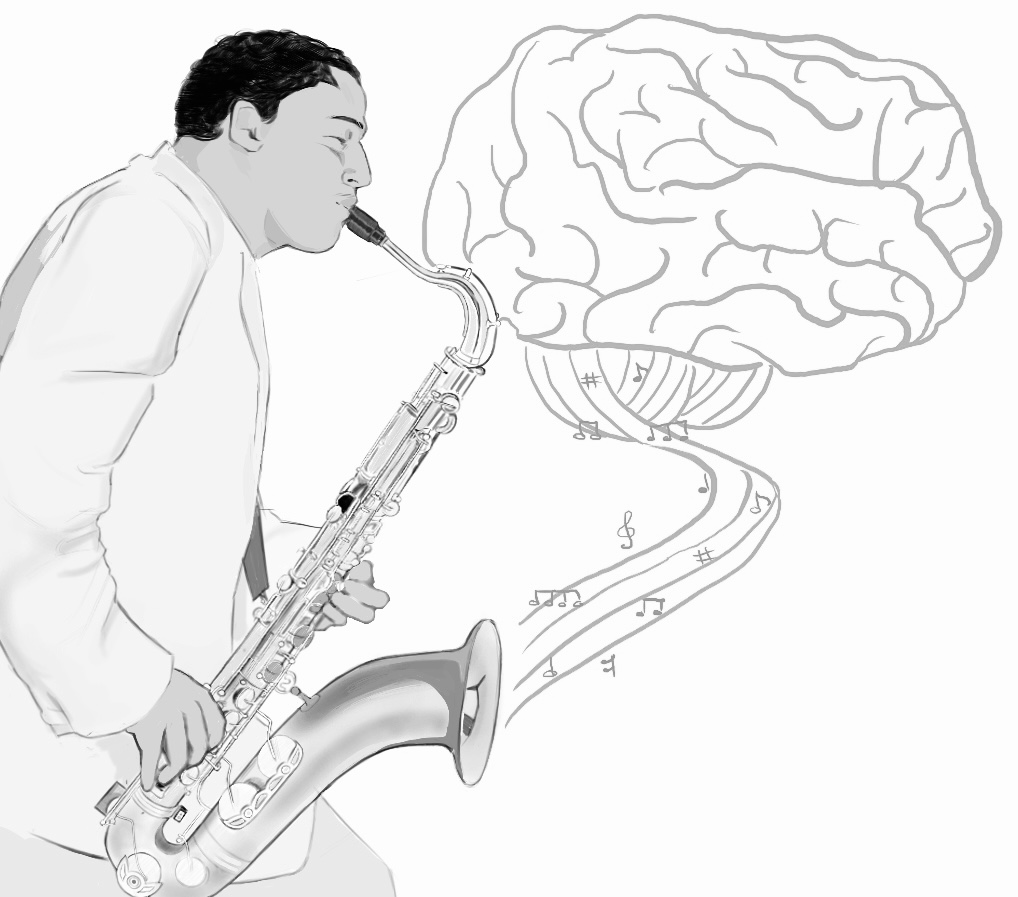By Zoï IOANNIDI (MAM-S5ELA)
Edited by Dalia Sophia WOLNY (MAM-S5DEA)

When people think of jazz, they might think of a chill tune combined with the sound of a fireplace crackling, or a piano bar, others of the Afro-American civil rights movement. Certain is, that they all have something that comes to mind. They all enjoy jazz, even just a little bit. As a jazz lover myself, I have come to face the question, whether jazz truly is the best music genre that has ever existed. My research for this article revealed rather interesting findings and they might make you rethink your view on jazz.
Jazz (or precisely, Black Classical Music) could be divided into various different categories concerning the time period or the instrumentation. The fundamental sub-categories of jazz are the following:
- Early Jazz
The jazz of the 1910’s and 1920’s.
- Bebop and Cool Jazz
It began in the 1940’s and is known for its upbeat tempos and exceptional soloing. Cool jazz contradicted bebop with its more relaxed tone.
- Gypsy Jazz
It is what we call ‘European Jazz’, and its instrumentation featured only string instruments, without percussion.
- Soul Jazz
A mix of bebop and blues creating a funkier type of music.
- Latin Jazz
A type of jazz influenced by either Afro-Brazilian or Afro-Cuban music.
- Free Jazz
American free jazz in the 1960’s links to the civil rights movement. This type is, as it is named, free with its irregular tempos, harmony changes and its improvisations.
- Jazz Fusion
In the 1980’s artists incorporated electric instruments, influenced by rock and funk, which were popular at the time.
- Modern/Contemporary Jazz
A type of jazz that emerged in the 1990’s and covers a range of sub-genres in a more current way. Modern jazz musicians have got constant pressure put on them to create something original.
These sub-genres not only show how much variety there is in jazz, but they also highlight the progression of the artists’ beliefs as well as the different challenges they faced throughout the years, which, in my opinion, is quite inspiring. One might find only a few of these sub-genres enjoyable, but certainly, at least one of them excites them. After further research, I managed to find the benefits of listening/playing jazz music, as well as the reason why almost everyone will find it enjoyable, to the least.
It all started with an experiment by Dorothy L. Retallack in 1973. She used two chambers in which she placed flowers, in the one she played rock music for a few hours a day, and in the other she played soothing jazz for the same amount of time. On the fifth day, she began to notice drastic changes. In the chamber with the soothing music, the plants were growing healthily, and their stems were bend towards the radio. In the rock chamber on the other hand, half the plants had small leaves, while the others were stunted.
But what does this have to do with the human brain, you may ask. After this experiment, further research started taking place on jazz music and its effects. Studies have shown that jazz music affects alpha and theta brain waves, which promote relaxation and creativity. Jazz has been found to lessen depression and anxiety symptoms as well. Moreover, jazz can lower blood pressure, which lowers the possibility of a heart attack, and can even soothe chronic pain.
Another contradictory fact is the way jazz might affect the artist. Although jazz improves creativity and reinforces originality, most jazz musicians suffer from chronic depression or anxiety. However, it is believed by many artists that this mental state reinforces artistic expression. What is certain is that we will never quite know whether jazz brings mental illness or cures it.
What you might find most interesting is the impact that jazz has during studying. While in theta, people’s brains shuffle down information and reshuffle it in new directions. In such flow states, people can experience surges of new ideas providing new solutions to unresolved problems (so called ‘Eureka moments’). Additionally, because jazz minimizes stress in ways that classical music does not, it improves memory, as stress is the enemy of memorizing and understanding new material.
Closing off, I might never know whether jazz actually is the best music genre out there, but what I am certain of is that jazz is a genre liked by all. There are so many sub-genres that there surely is one for everyone to fall in love with. So, before you give up on jazz, try listening to something different, because you may find a tune that will give you a surge of inspiration or relaxation.
